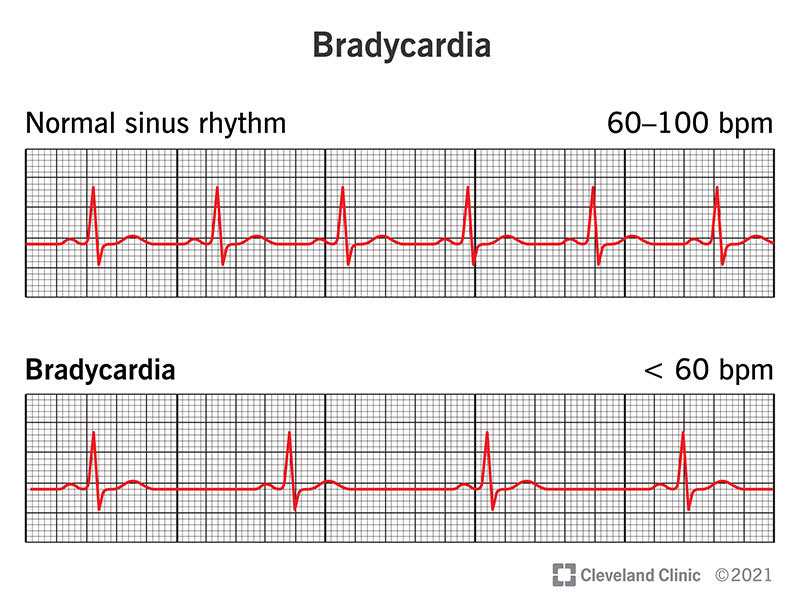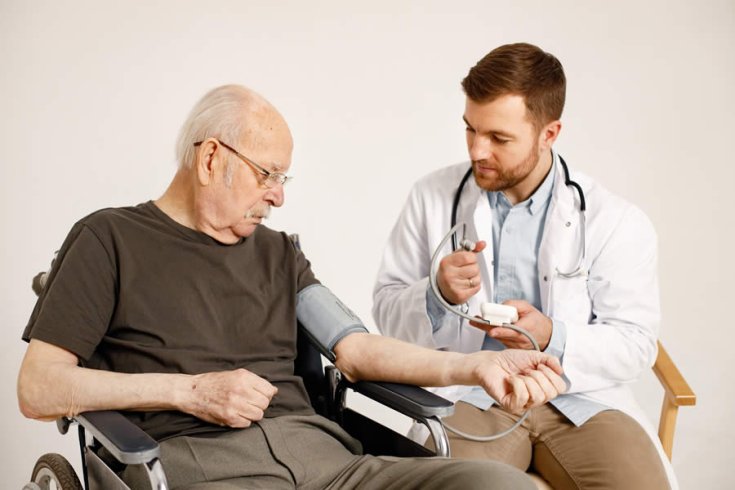We’ve all seen it in the movies: someone’s heart rate slows down and the doctors rush in while calling out for paddles to shock the person back to life. It’s intense, dramatic, and, well, it’s a bit much when you think about it. In reality, a slow heart rate – known as bradycardia – isn’t always a cause for alarm. In some cases, it can even be a sign of good health (particularly for people who are fit or active).
In this brief article brought to you by Capitol Cardiology Associates, we break down what a slow heart rate really means, when it’s something to be concerned about, and how to manage it in the DMV area.
If you’re looking for a licensed cardiologist in Camp Springs, MD, or heart doctor, then consider the professionals at Capitol Cardiology Associates. Our team is here to take your call or message today.
What Is Considered a Slow Heart Rate?
Your heart rate refers to the number of times your heart beats in a minute. For most people, a normal resting heart rate falls between 60 and 100 beats per minute. When it drops below 60 beats per minute, it’s considered a slow heart rate, or bradycardia. Here’s the kicker, though: not all slow heart rates are dangerous.
If you’re someone who exercises regularly – say, you’re a runner or you hit the gym on the regular – then you might notice your resting heart rate is lower than the average person’s. That’s usually because your heart is more efficient at pumping blood, and it doesn’t need to work as hard.
When a Slow Heart Rate Is a Problem
While a low heart rate can be a sign of good health in some, there are situations where it can be a red flag. If your heart rate drops too low (generally under 40 beats per minute) or if you start experiencing symptoms, then it’s worth getting checked out. Some symptoms to watch out for include:
- Dizziness or lightheadedness,
- Fainting or near-fainting,
- Fatigue or weakness,
- Shortness of breath, and/or
- Chest pain or discomfort.
If you’re feeling off or struggling with any of these symptoms, then it’s definitely time to reach out to a healthcare provider. The chest pain treatment cardiologists at Capitol Cardiology Associates can offer some reassuring guidance on how to translate and manage these symptoms.
Common Causes of Slow Heart Rate
Bradycardia can be caused by several factors, and you should visit a licensed physician to determine your particular case. With that said, it’s worth recognizing the usual suspects:
- Athletic Heart: If you’re someone who runs marathons or regularly does intense cardio, your heart might naturally slow down as a result of the exercise.
- Heart Conditions: Certain heart conditions, like heart disease or damage to the heart’s electrical system, can result in an abnormally slow heart rate.
- Medication Side Effects: Some medications can lower your heart rate.
- Electrolyte Imbalance: Low potassium, sodium, or calcium levels in your blood can affect your heart rate.
- Thyroid Problems: Hypothyroidism, or an underactive thyroid, can cause a slow heart rate because the thyroid hormone plays a role in regulating metabolism.
Getting a thorough check-up will help you rule out any underlying issues and give you peace of mind. If you’re in the DMV area, then call or message Capitol Cardiology Associates to schedule an appointment and get the right care.






